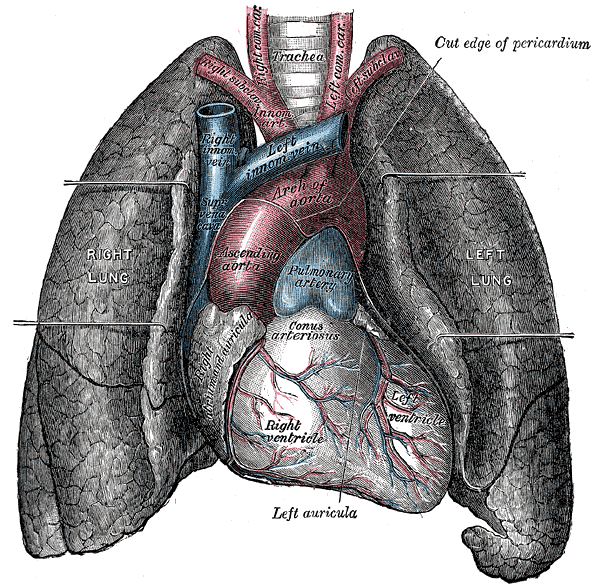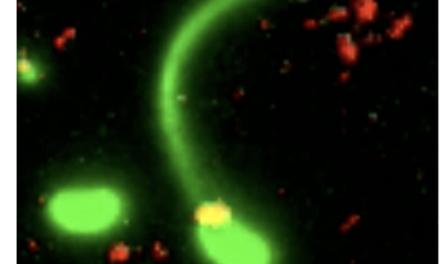Constance McLaughlin-Miley, PharmD, forwarded this story from the Daily Mail November 19: “First ever fatal marijuana overdose reported in Colorado.”
This is the most information that I’ve seen so far of this news splash.The death occurred at least two years ago. Though a 7.8 ng/ml level of THC was revealed, I question which cannabinoids are being lumped here —11-OH THC, THC-COOH— and whether any other drugs may have been found in his plasma.The seizure activity is particularly concerning as well as aspiration (tried to vomit) and other complications. There is also sudden death syndrome that occurs in this age group.I’m curious about the pathology of carditis, a problem I wouldn’t expect with a cannabis exposure.In veterinarian literature we have a/some reports of cannabis overdose association with aspiration and death in dogs.The headline may be more for political purposes than a clear causation associated with cannabis. Nonetheless, always keeping tasty cannabis products properly stored is paramount.
It does not. In contrast, the synthetic high potency CB1 agonists can be cardiotoxic. Some synthetic CB1 agonists can be assayed, but one has to think to look. How about meth or other factors? Perhaps this had nothing to do with drugs. Cannabis toxicity cannot be a fallback diagnosis of exclusion.
I’d have to agree that my first impression is that it doesn’t sound like cannabis related death but some other cause (several possibilities from unknown synthetic cannabinoids to sudden infant death, to seizure and aspiration, etc). For the media to step in as the accuser of cannabis sounds like drug war media manipulation.
The case reports state, “Additional history disclosed an unstable motel-living situation and parental admission of drug possession, including cannabis.”If other drugs included K2/Spice, synthetic cannabinoids (developed as research reagents) and their major metabolites, known for their enhanced avidity for CB1 & CB2Rs, would these metabolites be detected on the routine tox screen used in this case?
Some synthetic CB1 agonists can be assayed, but one has to think to look. How about meth or other factors. Perhaps this had nothing to do with drugs. Cannabis toxicity cannot be a fallback diagnosis of exclusion.
A Medline search for myocarditis and cannabis yielded these five isolated reports which I have annotated below. I see no evidence that cannabis causes myocarditis or myopericarditis.
Myocarditis associated with cannabis use in a 15-year-old boy: A rare case report.
Tournebize J, Gibaja V, Puskarczyk E, Popovic B, Kahn JP.
Int J Cardiol. 2016 Jan 15;203:243-4. doi: 10.1016/j.ijcard.2015.10.161. Epub 2015 Oct 20. No abstract available.
PMID: I will order full text of this article on Monday
Recreational phenethylamine poisonings reported to a French poison control center.
Le Roux G, Bruneau C, Lelièvre B, Bretaudeau Deguigne M, Turcant A, Harry P, Boels D.
Drug Alcohol Depend. 2015 Sep 1;154:46-53. doi: 10.1016/j.drugalcdep.2015.05.048. Epub 2015 Jul 3.
PMID: Says that cannabis is used in conjunction with phenethylamine (27%). No evidence of cannabis causing myocarditis and it is only found 1% of time with phenethylamine associated myocarditis
Recurrent myopericarditis as a complication of Marijuana use.
Rodríguez-Castro CE, Alkhateeb H, Elfar A, Saifuddin F, Abbas A, Siddiqui T.
Am J Case Rep. 2014 Feb 5;15:60-2. doi: 10.12659/AJCR.889808. eCollection 2014.
PMID: “In this particular case, we believe that the cause of myopericarditis may be likely related to the consumption of contaminated or adulterated Cannabis”
Thankavel PP, Mir A, Ramaciotti C.
Cardiol Young. 2014 Apr;24(2):283-9. doi: 10.1017/S1047951113000231. Epub 2013 Mar 5.
PMID: No mention of cannabis in the abstract. I suspect that there will be some individuals with elevated troponin levels who have evidence of cannabis use from their drug screen, but no cause-and-effect demonstrated
Thoratec left ventricular assist device removal after toxic myocarditis.
Leontiadis E, Morshuis M, Arusoglu L, Cobaugh D, Koerfer R, El-Banayosy A.
Ann Thorac Surg. 2008 Dec;86(6):1982-5. doi: 10.1016/j.athoracsur.2008.04.092.
PMID: In this case report http://www.annalsthoracicsurgery.org/article/S0003-4975(08)00940-5/fulltext there was no cause-and-effect proven. There was no proven etiology of the myocarditis and because cannabis was found in the urine, myocarditis was attributed to cannabis
The Washington Post covered the story reasonably.



